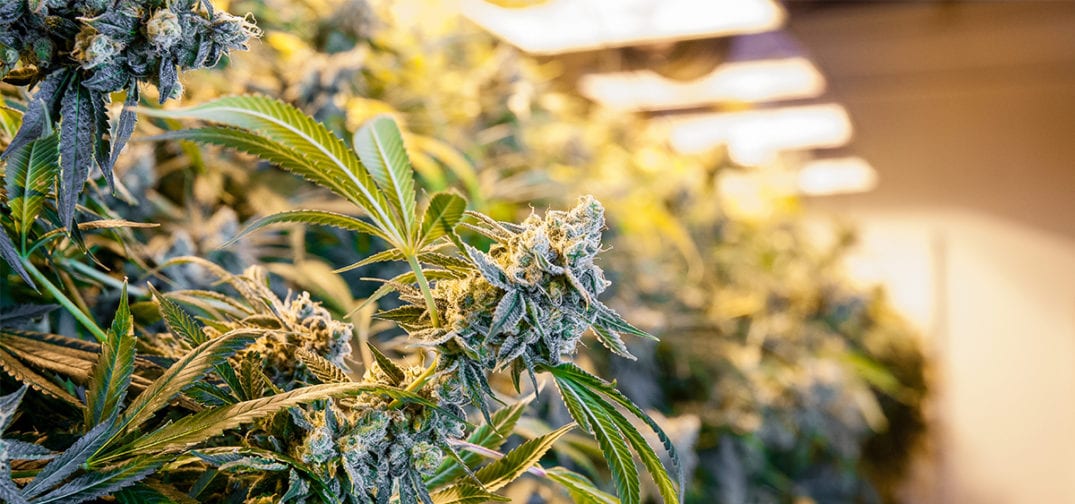A Northeast Sustainable Cannabis Project representative told lawmakers on Tuesday that the Massachusetts cannabis industry is responsible for 10% of all industrial electricity use in the state and urged them to allow industry cultivators to use organic farming and outdoor technics, according to a MassLive report.
Sanford Lewis, general counsel for the organization, said indoor cultivation is driven, in part, by the state’s pesticide regulations, which only allow growers to use products included on the U.S. Environmental Protection Agency’s 25(b) list of approved products. Lewis described those rules as “misguided.”
“Since the cannabis sector could triple in size by the time supply and demand level out, the impact is likely to be quite a bit larger. So, this means that just as other industries are working hard to curtail their climate impacts, energy-intensive indoor cannabis has come along to undermine the Massachusetts goal of reducing greenhouse gasses emitted.” — Lewis, to the Joint Committee on Cannabis Policy, via MassLive
The Cannabis Control Commission has licensed more than 1.1 million square feet of indoor cannabis cultivation and just 280,000 square feet of outdoor cultivation, according to state data outlined in the report.
The Cannabis Policy panel was hearing testimony on a bill introduced in the House in March by state Rep. Paul Mark that would allow cannabis farmers to use biological and botanical pesticide products that are considered appropriate for organic farming provided that the EPA allows the use of the product’s ingredients on food and tobacco crops and has not established a federal tolerance limit, according to the bill text.
Lewis encouraged the panel to support that bill and noted that Colorado, California, and Oregon already allow the state’s cannabis cultivators to use organic products.
Get daily cannabis business news updates. Subscribe
End
